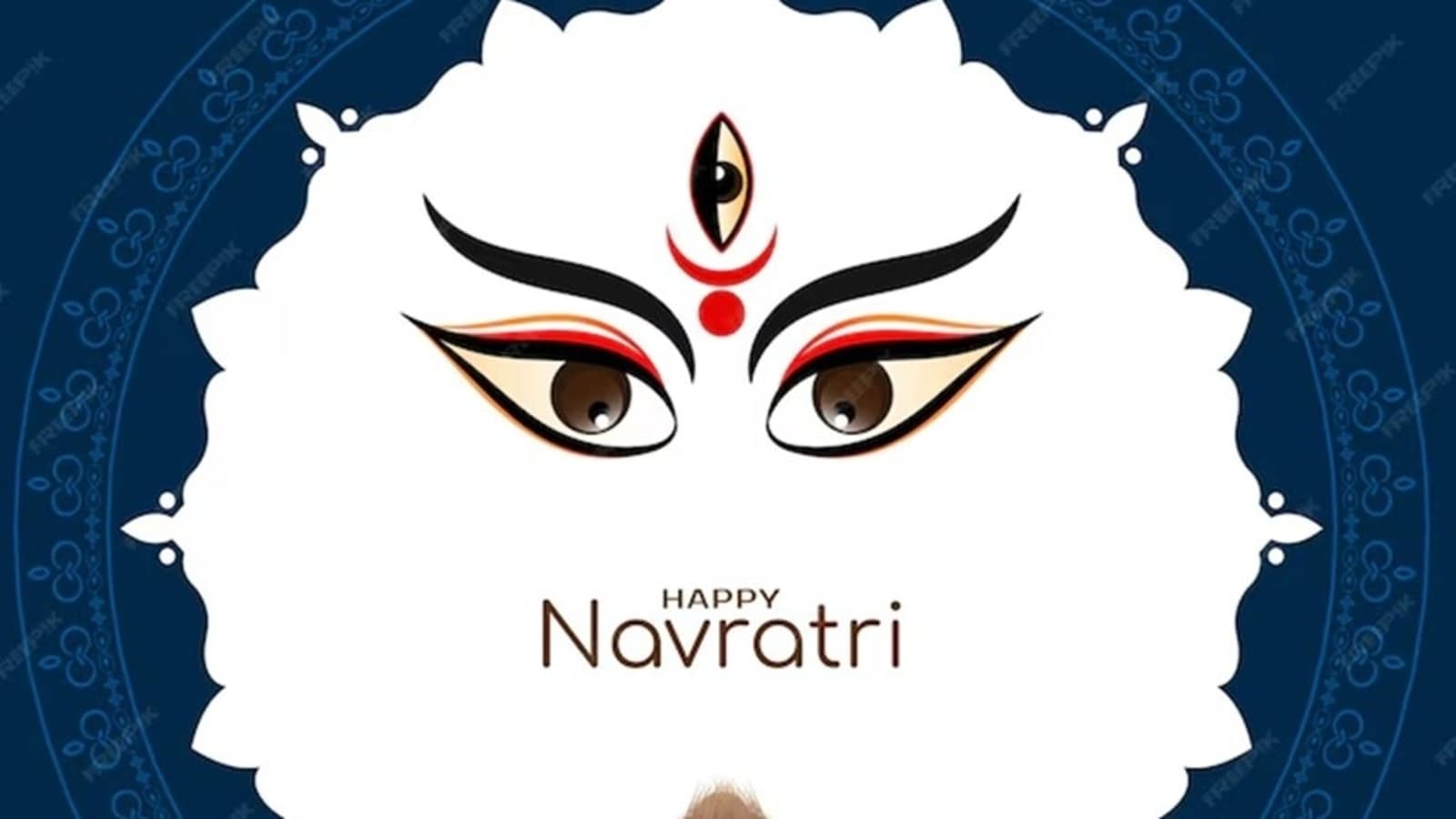
[ad_1]
One of the prominent Hindu festivals, Chaitra Navratri, is a nine-day celebration that begins with Ghatasthapana and culminates with Rama Navami – birth anniversary of Lord Rama. While there are a total of four Navratris in a year, Chaitra Navratri falls on the first day of the month of Chaitra, marking the beginning of the Hindu lunar year. This year, the festivities will begin on April 9, 2024 and go on till April 17. Navratri is an ancient festival and as per the legend, the 9-day festival is celebrated to commemorate victory of Goddess Durga over demon Mahishasur. It is said that Maa Durga in a fierce battle fought for nine days and nine nights to bring Mahishasur to end. (Also read | Happy Chaitra Navratri 2024: Wishes, images, SMS, greetings, WhatsApp and Facebook status to share with your loved ones)

Devotees across the country celebrate Navratri with a lot of enthusiasm with many keeping day-long fasts on all days of the festival. Navratri fasting is also performed in jodas with devotees observing the fasts on two days out of the nine days of the festival.
Irrespective of whether or not one is keeping a fast, there are certain dos and don’ts that one is advised to follow.
Chaitra Navratri fasting dos and don’ts
1. How to begin your day
During Navratri Goddess Durga and her nine different avatars are worshipped on each day of the fast. Maa Shailputri, Maa Brahmacharini, Maa Chandraghanta, Maa Kushmanda, Skanda Mata, Maa Katyayani, Maa Kaalratri, Maa Mahagauri and Maa Siddhidatri are the nine avatars that are worshipped during Navratri fasting. Take a bath every morning before puja, clean the puja area, recite Maa Durga mantras, perform aarti and offer the goddess bhog made of sweets and other satvik foods.
2. Puja rituals
On the first day of the Navratri, Ghatasthapana or Kalash Sthapana is done. The first and most significant rituals of the festival performed at the start of the festival should be done while Pratipada is prevailing. During Navratri different avatars of Maa Durga are worshipped on each day. Wearing red clothes and offering red flowers to all avatars of Maa Durga in advised during Puja.
3. How to keep the fast
During Navratri fasting, there is a restriction on the foods, spices, grains and vegetables that you can consume. Vrat-friendly and satvik ahaar is consumed. Kuttu, sabudana or sago, rajgira, makhana, arbi, pumpkin, aloo, singhare ka atta, samak ke chawal, nuts and dry fruits, rock salt, cumin, buckwheat, ginger, green chillies are some of the food people consume during their Navratri fast.
4. Dairy foods
Foods like milk, paneer, cheese, dahi, lassi, buttermilk, chhena are both allowed and recommended during Navratri fasting as they are considered satvik, are full of essential nutrients and provide sustained energy throughout the day.
5. Foods that must be avoided
There are certain foods that are considered rajasic or tamasic and must not be consumed during Navratri fast. Onion, garlic, wheat, rice, table salt, non-vegetarian foods, processed foods are some of the foods that are not allowed during the nine-day period.
6. Purity of thoughts
Navratri isn’t just about following dietary restrictions but are also about managing your thoughts. This is the time for reflection and devotion. Thinking ill about someone, harbouring feeling of jealousy, or negative thoughts must be avoided during this time. It is the time to express gratitude for good things in your life.
[ad_2]
Source link








